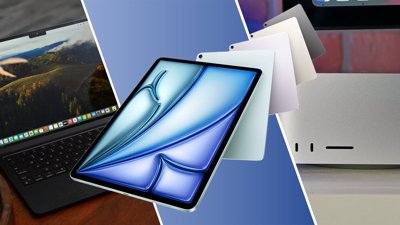Filed this week in the lawsuit-friendly Marshall Division of the Eastern district of Texas, the 18-page complaint follows a two-year delay where Delaware-based Microlinc successfully proved that a 1999 patent for computers with packet-based interconnects was valid before filing a new version of a previous lawsuit, which it had originally submitted to the court in November 2005.
Intel's PCI Express technology, which is used to connect video cards and other peripherals inside most modern computers, is said to infringe on that patent through the way it transmits information to the rest of a system. By extension, any company manufacturing parts that include PCI Express connections are also responsible for infringing on the patent, Microlinc claims.
As a result, Intel is named alongside nine other companies that the plaintiff believes are contributing to the perceived infringement. Intel's rival AMD is included for using PCI Express for its mainboards, as is NVIDIA. Large computer makers Apple, Acer, Dell, Gateway, HP, Lenovo, Sony, and Toshiba are all accused of aiding Intel by building desktops and notebooks that use the offending technology.
Represented by the law firm Brown McCarroll, Microlinc hopes to land permanent injunctions blocking all of the defending firms from producing or selling products that infringe on the patent. It also hopes to collect unspecified damages from each of the ten companies.
Apple has maintained its traditional silence regarding lawsuits, choosing to avoid comment on the matter.
 Aidan Malley
Aidan Malley



-m.jpg)



 Malcolm Owen
Malcolm Owen
 William Gallagher
William Gallagher
 Amber Neely
Amber Neely

 Andrew Orr
Andrew Orr

 Christine McKee
Christine McKee
 Andrew O'Hara
Andrew O'Hara








18 Comments
Sooo...a permanent injunction...and you want your product to get into the hands of the consumer. How hard is it to arrange a licensing deal?
How about a law that prohibits frivolous lawsuits coming out of that dust spec in Texas?
While they were at it, why didn't they just patent "water."
Surely this is never going to happen. They'll just end up settling out of court for a ridiculous sum of money.
Apple seems to be getting sued left, right and center the past couple of years. Have they sued anybody that has infringed upon their patents or product designs (other than Microsoft)? Why don't we hear about those lawsuits? Maybe they know that eventually, these infringers will die off, so they just let them be.